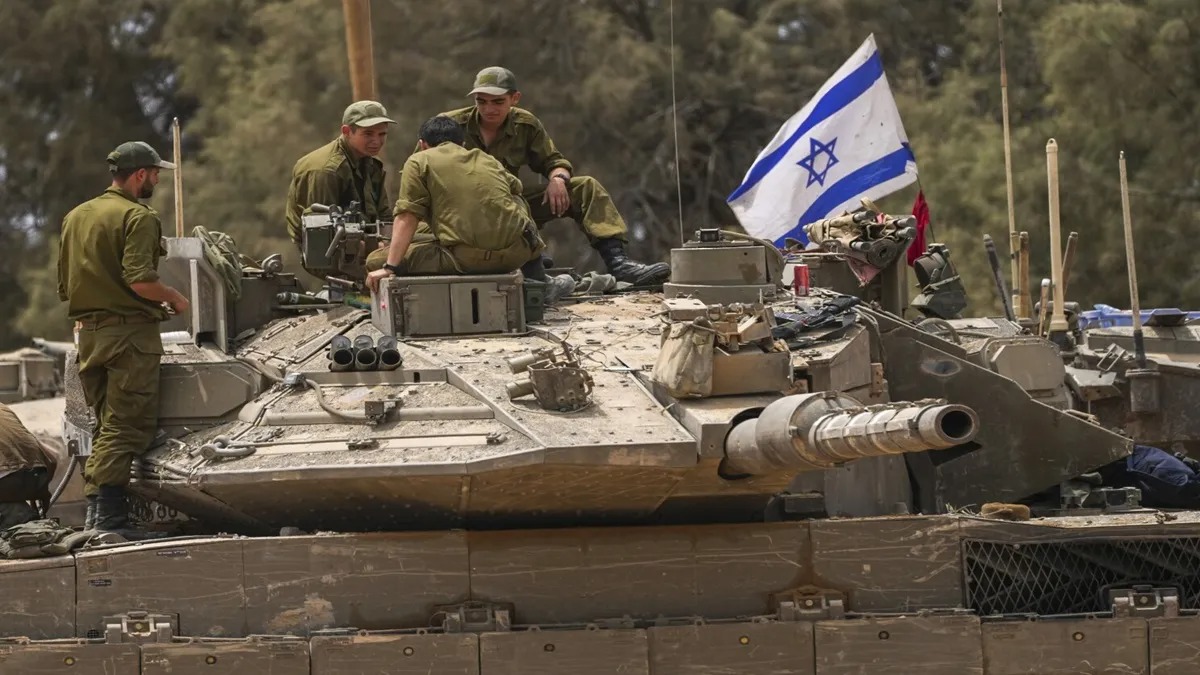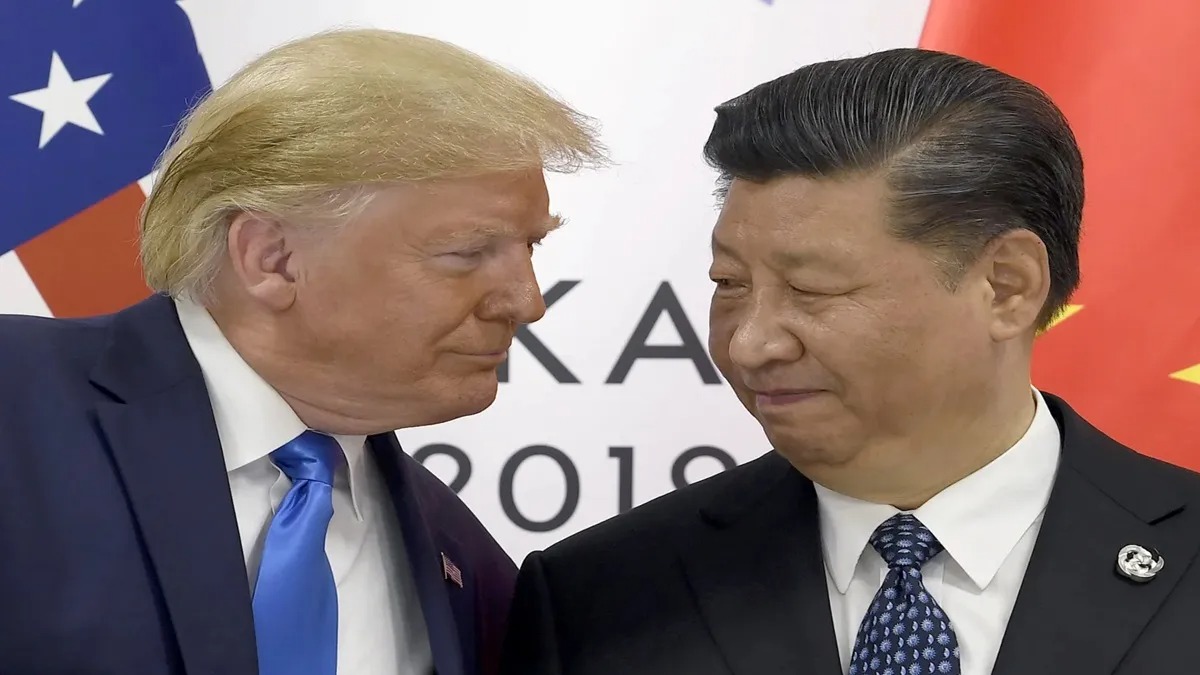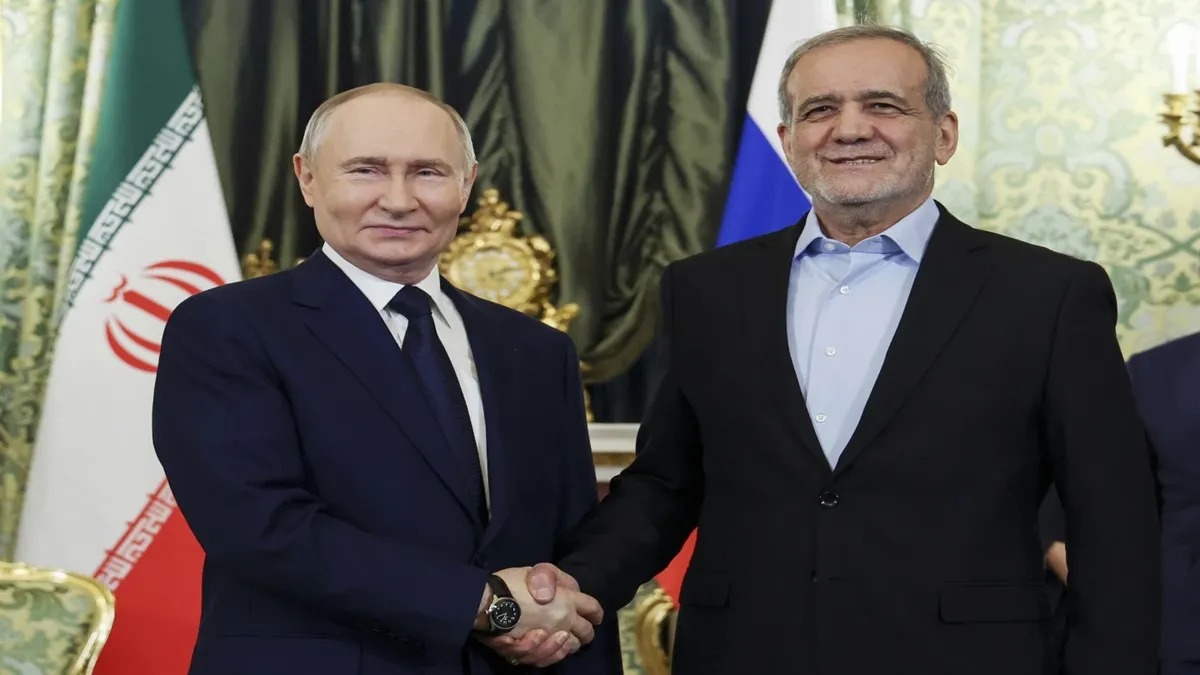
International: For the first time in 25 years, the Pakistan Army has publicly admitted its involvement in the Kargil War of 1999. Pakistan Army chief Asim Munir, while addressing an event to mark the country's Defence Day, said several soldiers had laid down their lives while fighting the wars in 1965, 1971 and in Kargil in 1999.
"The Pakistani community is a community of braves which understands the importance of freedom and how to pay for it. "Be it 1948, 1965, 1971 or the Kargil war of 1999, thousands of Shuhadas (martyrs) have sacrificed their lives for Pakistan and Islam," he said during the event in Rawalpindi.
This statement by the military chief is significant as prior to this, the Pakistan Army had never publicly acknowledged its role in the 1999 Kargil War and had referred to the infiltrators as "Kashmiri freedom fighters" or "mujahideen". This apparent admission has sparked a buzz on social media where netizens shared decades-old posts about Pakistan's denial of role in the war.
What happened in 1999?
Shortly after the Lahore Declaration was signed between former Indian PM Atal Bihari Vajpayee and ex-Pakistan PM Nawaz Sharif for peace and stability between the two countries in 1999, Pakistani forces crossed over the Line of Control (LoC) in May 1999 and infiltrated Jammu and Kashmir and seized the Indian Army's posts as part of an operation codenamed 'Operation Badr'.
The Pakistani intruders had occupied fortified defences overlooking NH 1A in Kargil's Drass and Batalik Sectors of Ladakh region with the aim of isolating the Indian Army at the Siachen Glacier and cutting off the link between Kashmir and Ladakh. The brains behind this operation was Pakistan's military dictator Pervez Musharraf. The Indian Army was initially caught completely unaware of the nefarious plot by the Pakistani forces, freshly after the Lahore Declaration, which gave the latter a tactical advantage to force India to a settlement on the Kashmir dispute and press a withdrawal of Indian troops from Siachen.
However, Pakistan's audacious gamble gave way when the Indian Army finally learned of the plot and sent 200,000 Indian troops in the area to push Pakistan away from the vacated military spots. The mission was codenamed 'Operation Vijay' and began the war. It was one of the most challenging conflicts India had faced as it was fought at high altitudes, with some posts situated at over 18,000 feet.
After two months of bitter fight between the Indian and Pakistani Armies, the war ended in defeat and embarrassment for Pakistan, as the war propelled international calls for the Pakistani Army to withdraw. Pakistan continued to blame Kashmiri separatists rebelling under Indian rule in the war, but it later gave rewards to warriors who fought in the war. In India, July 26 became known as the 'Kargil Vijay Diwas' to symbolise India's victory over Pakistan in the 1999 war.
'Our fault': Nawaz Sharif on Kargil War
In late May, former Pakistan Prime Minister Nawaz Sharif admitted that Islamabad had "violated" an agreement with India signed by him and ex-prime minister Atal Bihari Vajpayee in 1999, in an apparent reference to the Kargil misadventure by General Pervez Musharraf. Nawaz said that "it was our fault" as he referred to the historic Lahore Declaration.
Nawaz, who was soon deposed by Musharraf, called the Kargil operation a strategic "blunder' by the Pakistan Army. The Pakistani Army had reportedly refused to even accept the bodies of Pakistani soldiers killed in Kargil. India had always maintained that the war was a ploy by Pakistan to assert control over Kashmir.
A former Pakistani military officer Lt-Gen (retd) Shahid Aziz, who was heading ISI's analysis wing during the conflict, had earlier admitted the Army's involvement in the Kargil War and denied the role of the mujahideen. "The Kargil war with India was an unsound military plan based on invalid assumptions, launched with little preparations and in total disregard of the regional and international environment," he wrote in an article in The Nation in 2013.
--Advertisement--

 Desk
Desk Share
Share






